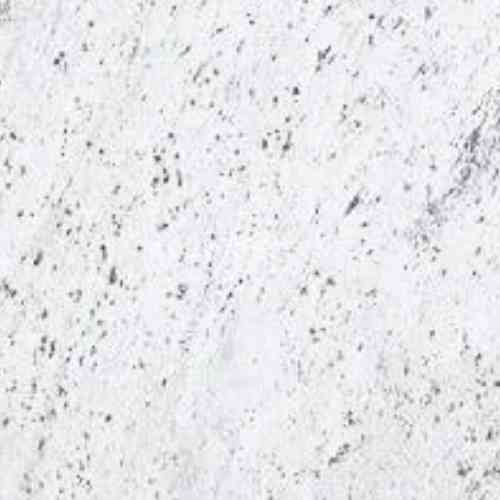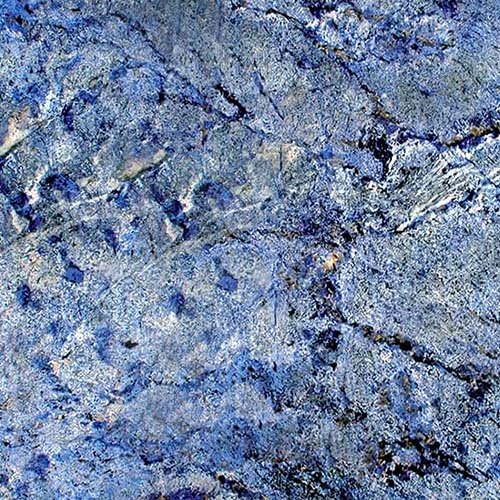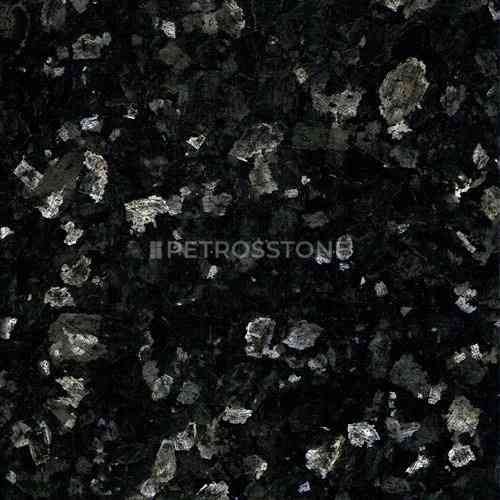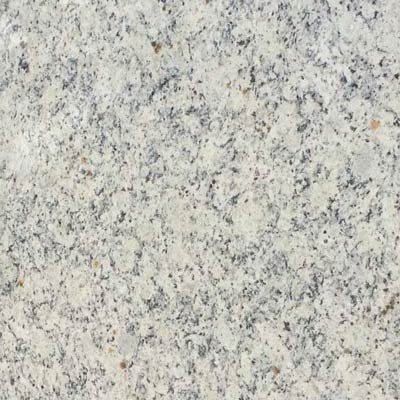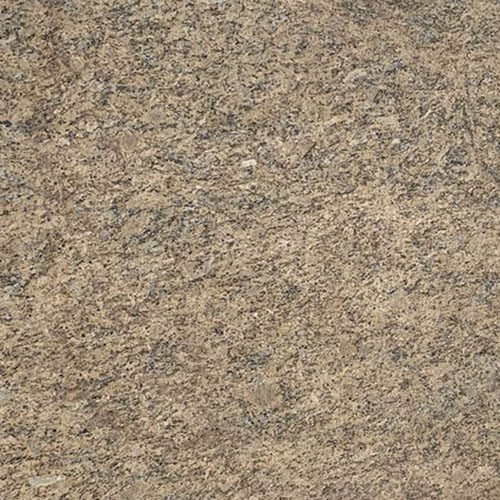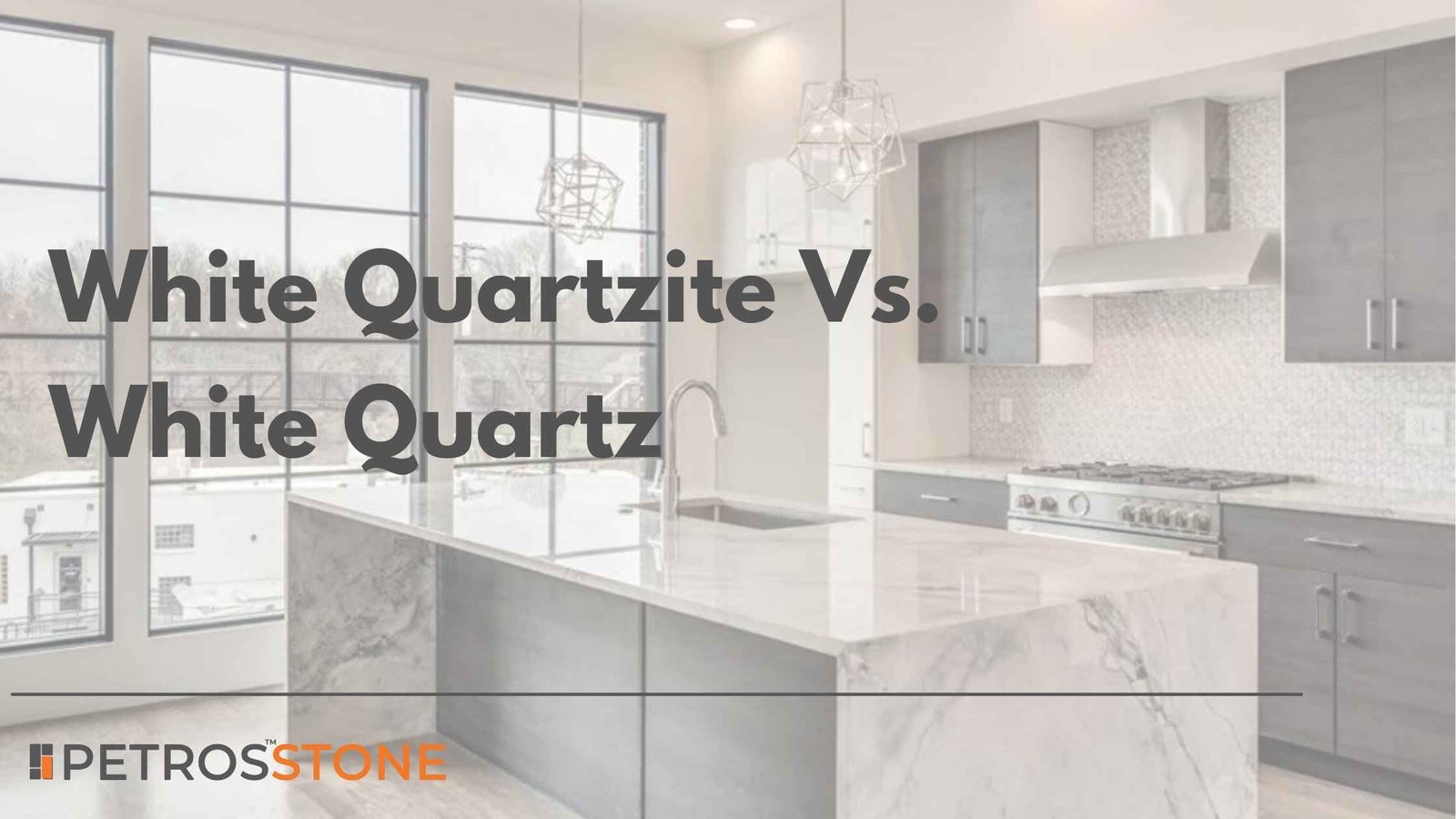
There seems to be a lot of confusion between quartz and quartzite. In this blog, we’ll talk about the differences between both and also discuss the best of the two amazing materials: White Quartzite and White Quartz.
These are both popular choices for countertops, floors, and other design projects. They’re loved for their beauty and durability, but they’re not the same.
By the end of this blog, you’ll know how they differ, what they’re best for, and which one might be right for your home.
Did you know? Quartzite has been a tough natural stone for centuries, but engineered quartz is a modern favorite growing at an annual growth rate of over 8.6% in interior design projects worldwide.
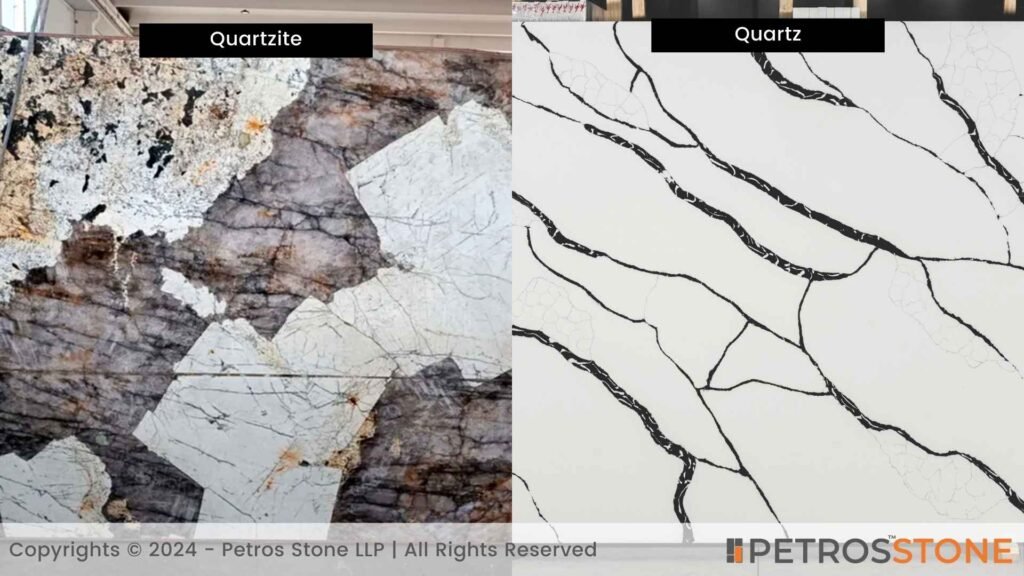
How it’s made? Quartz vs Quartzite
The way White Quartzite and White Quartz are made significantly affects their properties and uses. Here’s a side-by-side comparison of their manufacturing processes:
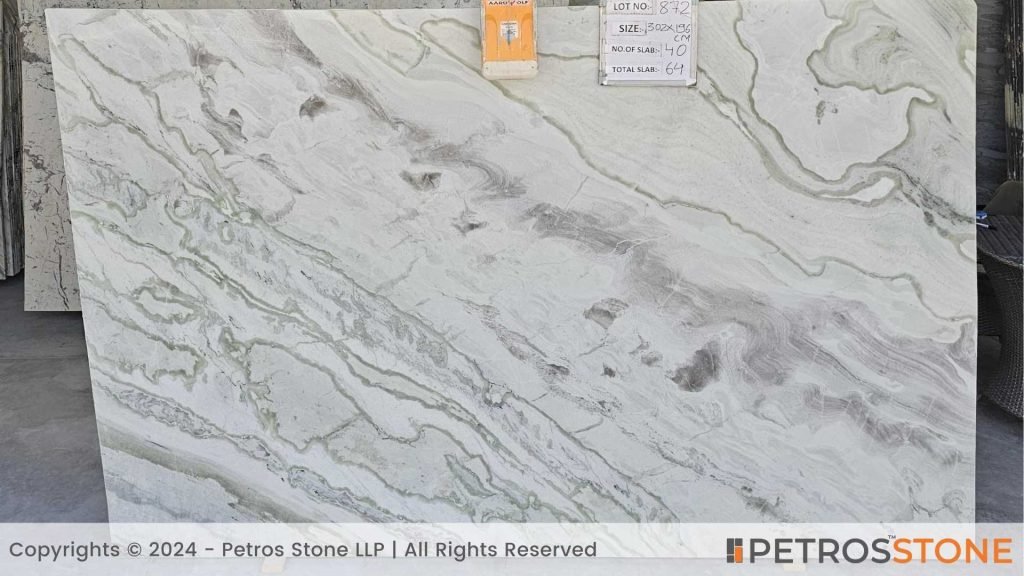
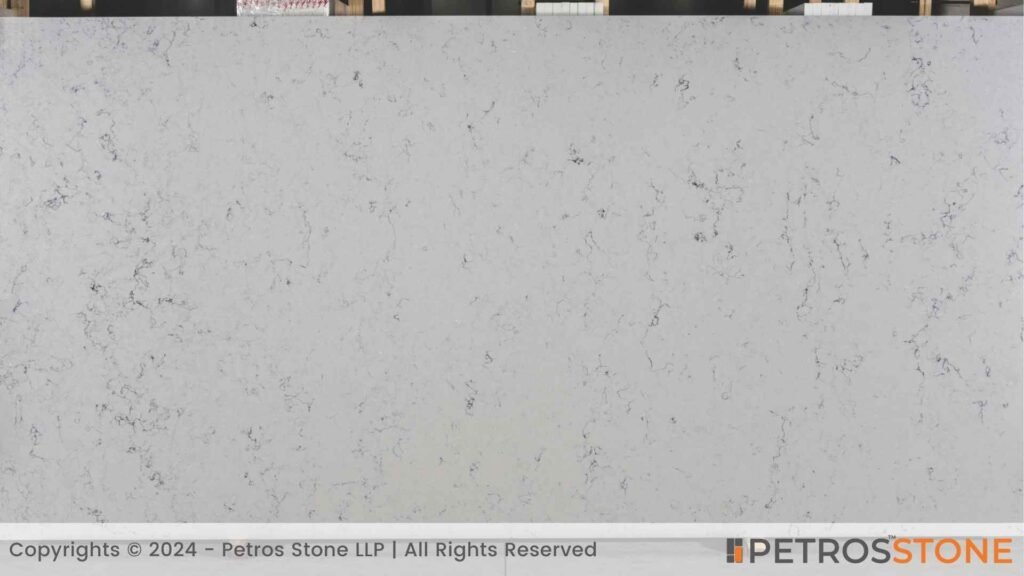
| Aspect | White Quartzite | White Quartz |
| Material | Natural sandstone transformed by heat and pressure | Crushed quartz crystals mixed with resin |
| Formation Process | Formed naturally over millions of years | Engineered in factories within days |
| Composition | 100% natural stone | 90-95% quartz with 5-10% resins and pigments |
| Customizability | Limited to natural variations | Highly customizable in color, texture, and size |
| Environmental Impact | Minimal, as it’s naturally sourced | Higher due to factory processing and resin usage |
Pro Tip: Quartzite’s natural formation gives it unique patterns and robust strength, while quartz’s engineered process allows for more design flexibility and a consistent appearance.
What is White Quartzite?
Natural metamorphic rock called white quartzite occurs when sandstone is heated and pressured for millions of years. They call it marble and it is very durable. This marble has characteristic veining due to its geologic formation. This creates a luxurious look that is suitable for creating timeless elegance in any room.
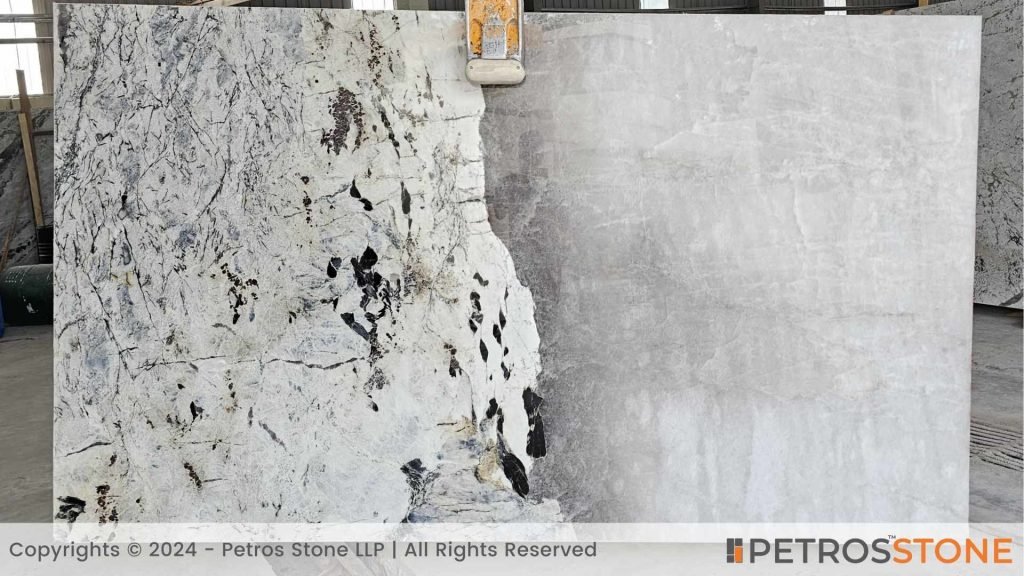
What is White Quartz?
White quartz consists of natural crystals mixed with resins. In the manufacturing process a non-porous, flexible and customizable material is produced. Modern design often uses it because it is natural stone and also requires low maintenance and uniformity.
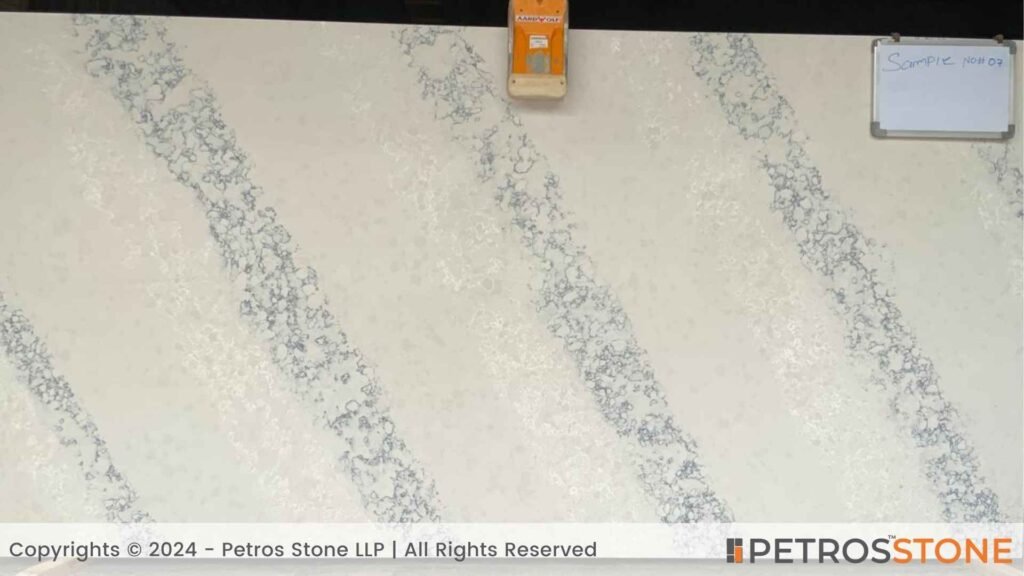
Key Differences Between White Quartzite and White Quartz
| Aspect | White Quartzite | White Quartz |
| Appearance | Natural patterns, marble-like veining | Uniform, customizable, with various color options |
| Cost | Higher, ranging from $70 to $200 per square foot | More affordable, typically $50 to $100 per square foot |
| Maintenance | Requires sealing and regular care | Low maintenance; no sealing needed |
| Durability | Highly durable, scratch-resistant | Durable but more prone to scratches than quartzite |
| Thickness | Available in 2-3 cm slabs; custom thickness possible | Standard thicknesses (1.5-3 cm); easy customization |
| Hardness | Very hard (7 on Mohs scale) | Slightly softer (6-7 on Mohs scale) |
| Porosity | Naturally porous; needs sealing | Non-porous due to resin content |
| UV Resistance | Suitable for exterior applications | Not suitable for outdoor use due to resin disintegration under UV light |
Which looks the best? Quartz or Quartzite?
- White Quartzite: Natural, marble-like patterns with veining and earthy colors are unique. Each slab has its own look that can not be copied. Wood is a natural material with a refined luxury – perfect for high-end projects.
- White Quartz: It’s a modern minimalist option. Quartz has uniformity and design flexibility, making it a popular choice with precision and design enthusiasts.
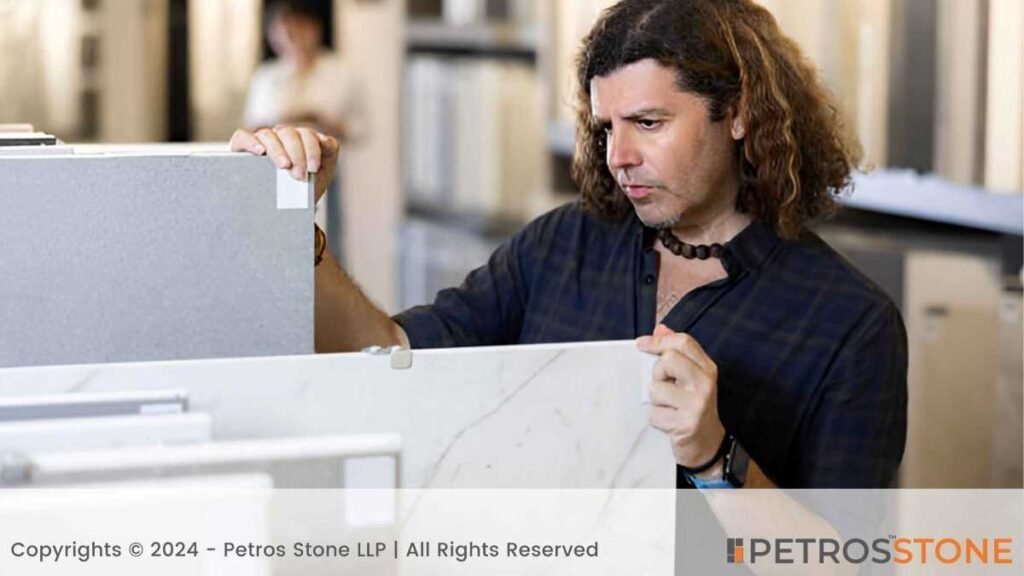
Pro tip: Choose quartzite if you value natural beauty and uniqueness. Choose Quartz if you value uniformity and a contemporary look.
Cost Comparison: Quartz or Quartzite?
- White Quartzite: From USD 70 to USD 200 per square foot, depending on quality, origin, and processing costs. The higher cost is due to its natural formation and the difficulties in its extraction.
- White Quartz: Typically white quartz costs between USD 50 and USD 100 a square foot. It is manufactured so costs do not totally go haywire so you can afford it when you need it.
Which one is easier to maintain?
- White Quartzite: Maintaining White Quartzite requires periodic sealing to keep it stain- and moisture-resistant. Cleaning it with warm, soapy water every often will keep its natural beauty intact. Maintaining it is a bit harder than engineered options.
- White Quartz: Virtually maintenance-free. Its nonporous surface resists staining and water damage and is easy to clean with a damp cloth and mild cleaner.
Pro Tip: Use quartz in a high-use kitchen or bathroom for a low-maintenance surface.

Durability: Which one with last the longest?
- White Quartzite: This hard stone is scratch-resistant and heat-resistant. This is ideal for heavy footfall areas, outdoor use and high temperatures.
- White Quartz: While tough, White Quartz is less scratch resistant and less heat resistant than Quartzite. UV light will in most cases cause discoloration and the color will not be suitable for use outside.
Pro tip: It is recommended to pick quartzite for outdoor use and high-heat areas.
Thickness and Customization
- White Quartzite: Usually designed in 2-3 cm standard thicknesses. Generally, you can achieve any desired thickness, provided that your cutting and finishing processes are specialized; however, this usually comes at a higher cost.
- White Quartz: It comes with standard thicknesses of 1 to 3 cm, which can be customized as per need. This engineered nature allows for complex cuts and lightweight slab solutions for various applications.
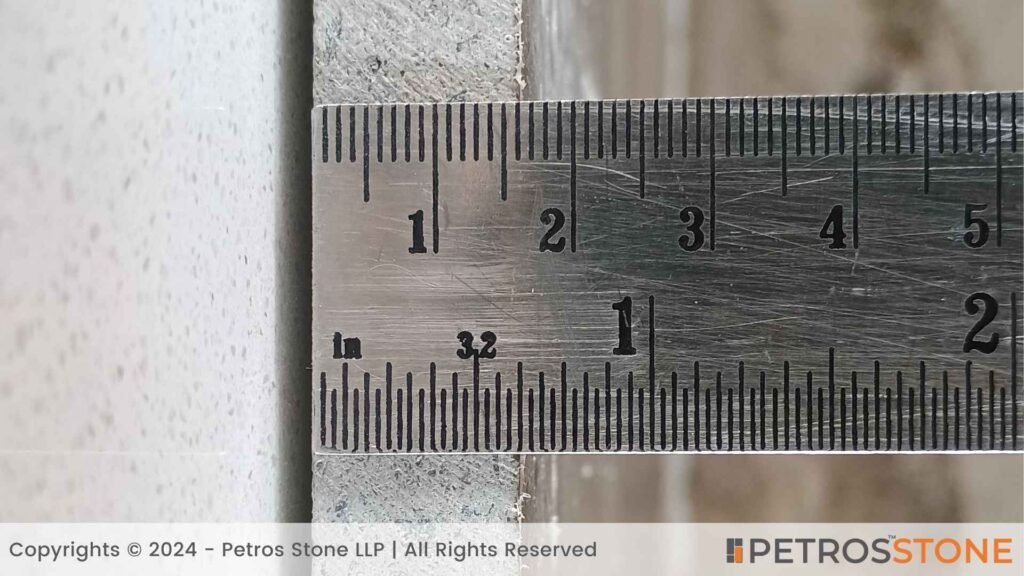

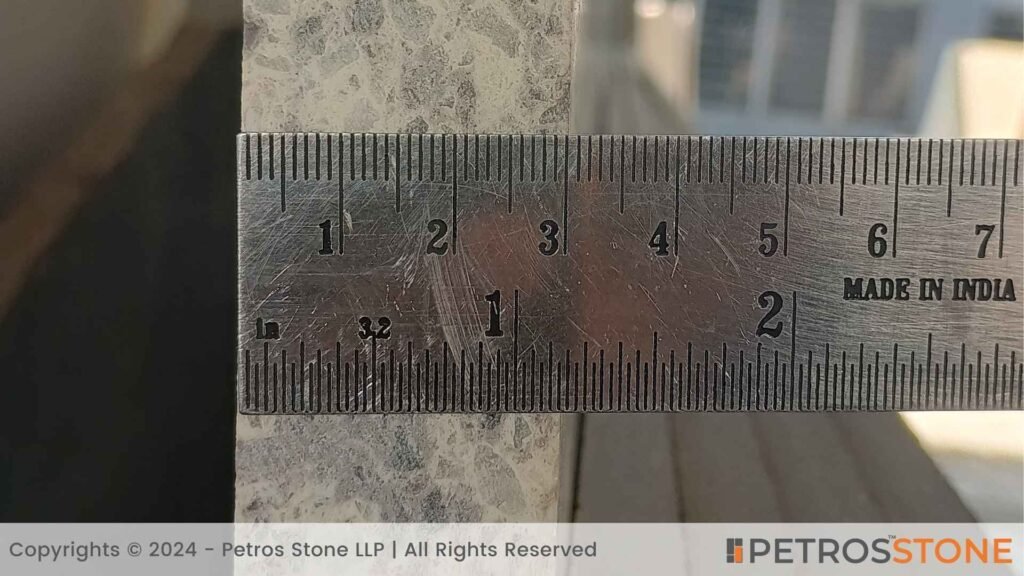
Pro Tip: Quartz can be made in different thicknesses, so you can create more detailed designs with it.
Which is harder? Quartz or Quartzite?
- White Quartzite: Ranks 7 on the Mohs scale of hardness. Hence, it will not chip, scratch, or wear easily. It’s ideal for challenging environments that need tough materials.
- White Quartz: Has a hardness of 6 and 7 on the Mohs scale. Although it’s tough, it can get minor scratches in high-use areas over time.
Pro tip: For areas with heavy use like countertops, quartzite has superior scratch resistance.
Porosity
- White Quartzite: It is porous, making sealing essential to prevent moisture absorption and staining, given that it is a natural stone. If not sealed properly, it can incur long-term damage in moist areas.
- White Quartz: The high resin content in White Quartz makes it non-porous and resistant to stains, bacteria, and moisture. Due to its non-porous nature, quartz is a hygienic choice for kitchens and bathrooms.
Pro tip: For hygiene, quartz is a better choice as compared to quartzite, marble and granite.
When to Choose White Quartz
White Quartz is the ideal choice if:
- What you want is an uniform, adaptable design that fits in with current trends.
- Such low maintenance qualities are important in commercial or busy residential settings.
- You have a tight budget but want the color and quality to look great.
- You’re designing a kitchen, washroom or indoor space that is not directly exposed to sunlight or heat.
- Your requirements are for a non-porous surface that resists stains, bacteria and water.
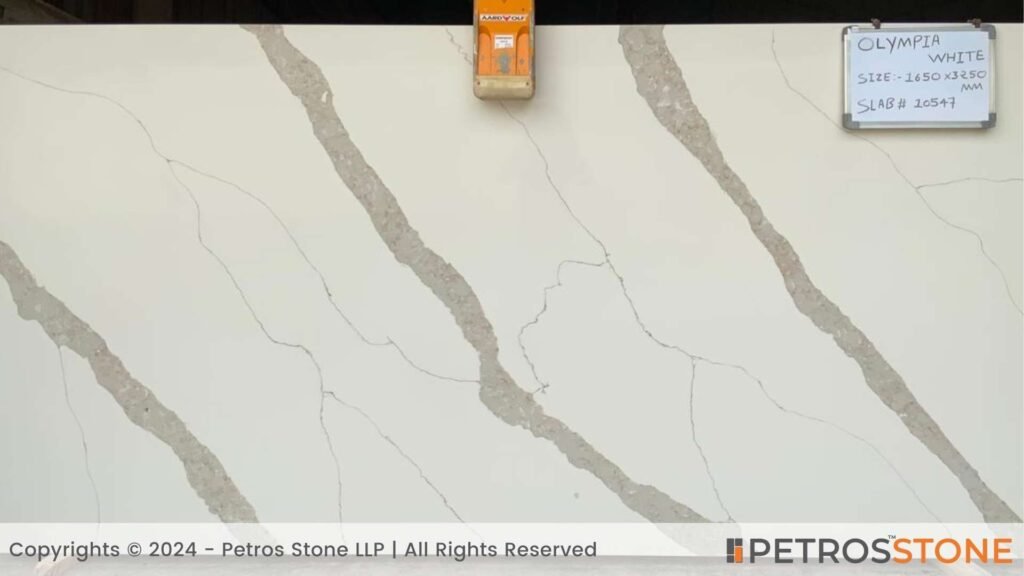
When to Choose White Quartzite
White quartzite is the better option if:
- You appreciate the natural beauty and exclusive character of stone.
- For your project, the durability, heat resistance, and scratch resistance are of prime importance.
- You’re creating open spaces or places subjected to intense sun and soaring temperatures.
- You’re looking for a more durable material that looks like marble.
- Your project is capable of receiving periodic maintenance (such as sealing).
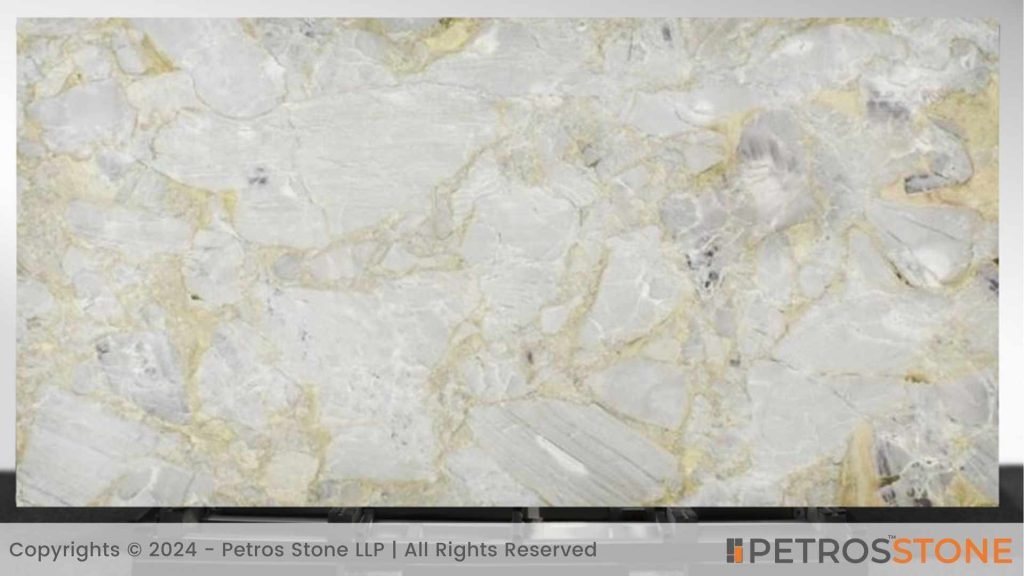
Get more help from us!
When it comes to choosing between White Quartzite and White Quartz, it boils down to your need. Even though quartz might be affordable, consistent, and low maintenance, quartzite is natural and durable, making it ideal for high-traffic and outdoor areas. Given that both types come with their advantages, you cannot go wrong regardless of the type you choose for your project.
Discover top-quality White Quartzite & White Quartz for your project at Petros® Stone. Our experts will help you choose the right material to turn your space into a masterpiece!
Feel free to get in touch for a free consultation, quote, and get a detailed understanding from our experts here at Petros®. Visit https://petrosstone.com/ or call +91-8446360361 and WhatsApp

Hi, I’m Dhananjay,
With a background in architecture and years of industry experience, I share insights on materials that shape great design. At Petros® Stone, I craft content that highlights the beauty and utility of natural stone, helping architects, builders, and homeowners make informed choices while strengthening the brand’s voice and online presence.
White Galaxy Granite
Blue Bahia Granite
Silver Cloud Granite
Black Pearl Granite
Dallas White Granite
Santa Cecelia Granite

